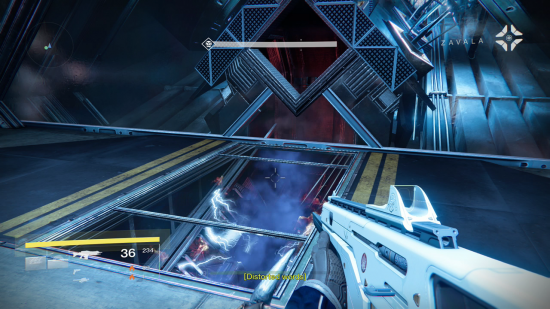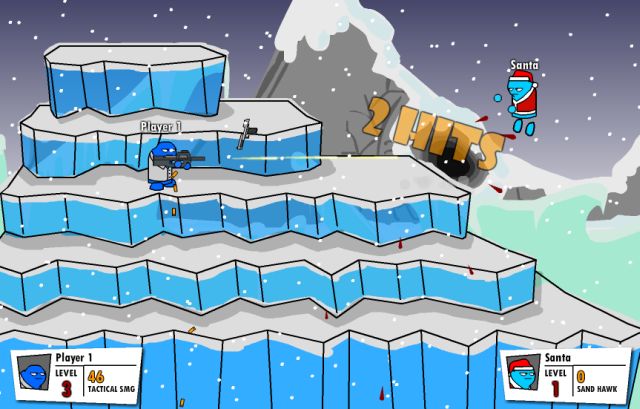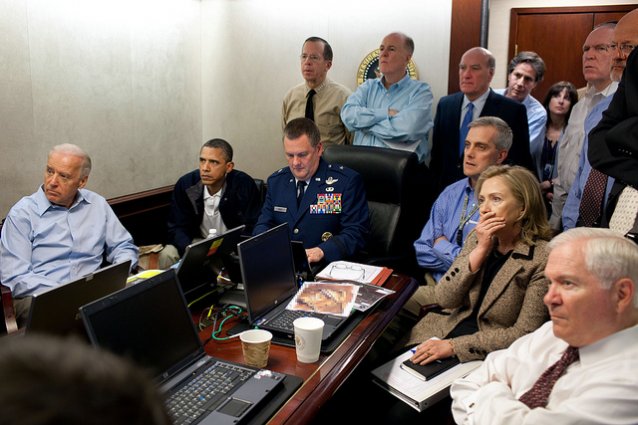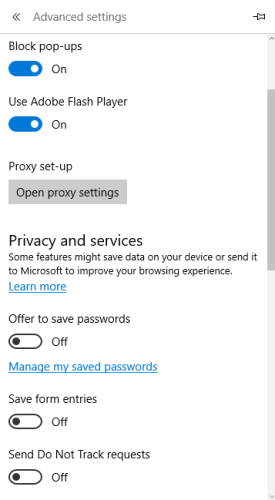

The Ninja Gaiden series is world-renowned for its unforgiving difficulty and reflex heavy gameplay, and for rewarding those with skill, tenacity, and buckets of patience since its 8-bit roots, and leading into its critically acclaimed 2004 reboot. Ninja Gaiden 3 takes a hard shift away from the series’ diverse combat, outrageous enemies and infamous difficulty, toward a more story-focused game. In removing the elements that made the newer NG games such standouts, it’s a disappointing sequel that feels as soulless and cold as the corpses of ninja protagonist Ryu Hayabusa’s victims.
Ryu is once again called upon to save the world from a mysterious emerging threat, the terrorist group called the Lords of Alchemy. The secret organization seeks to begin a “new world” by destroying the old one. The plot isn’t particularly interesting and makes little sense. For some reason (which is never made entirely clear) the convoluted plan for world domination relies on cursing Ryu’s dragon sword and fusing it into his arm. This makes Ryu feel the pain of all those he has ever killed. Supposedly, it’s an attempt to humanize Ryu, even though you’re still slaying into the quadruple digits by the time the credits roll. Instead, it slows up the pace of gameplay during some bland encounters. Weak narrative never really held back the action-oriented series before, but the new effort to focus the story on the now-unmasked Ryu Hayabusa just ends up clichéd, uninteresting, and essentially pointless. Fortunately, if you’re among the legions who don’t play Ninja Gaiden for its approach to ninja narration, there’s still lightning fast ninja action, but not without problems.
Gameplay is focused on giving the player the feeling of cutting through opponents by implementing a close-up “steel to bone” kill view and one button quick-time events when slaying tougher enemies. The series’ gore has been significantly reduced, discarding dismemberments and decapitations entirely (which seems oddly counter-intuitive considering the emphasis on cutting). Still, the action is hard-hitting and swift, but feels lacking in accuracy compared to the crisp controls of its predecessors.
It’s less precise because Ryu automatically zips to a weakened enemy to dispatch them with a canned kill animation, often times against control input. The camera also has trouble keeping up with zooming in and out of the action, and leaves everything confusing. Once a kill animation is triggered, successive attacks can set up chained instant kills on anyone within sword’s range. While this allows for Ryu to wipe out a large group of enemies in quick succession, the unique combat style established by the previous games disappears in favor of mashing buttons. Strategically dodging, blocking and singling out tough enemies is still necessary at times, but not nearly as necessary for survival as rapidly pounding the attack buttons.
On top of the area-clearing instant kills, Ryu still has two build-up attacks that effectively nuke the opposition. Ryu’s cursed arm will glow red after killing enough enemies enabling him to unleash a devastating one-hit kill on multiple enemies. The Ninpo ability summons a flaming dragon that devours every enemy in the immediate area. These abilities are earned and available in every fight and can sometimes be earned more than once – removing all the challenge of combat. Ryu also only has access to a single sword. Weapons like the Vigoorian Flail, massive scythe, and bludgeoning Tonfa are nonexistent, further reducing players combat options (at least until you download Koei Tecmo’s free post-release DLC, which won’t be available until a few weeks after launch). The combo counter is also a no-show, making the combo-connecting shuriken tactically pointless. Players no longer have to stay on their toes, find an advantage in another weapon, and utilize unique strategies to defeat difficult enemies, they can just activate a super ability to flush those tense situations --and any remotely interesting combat mechanics-- down the toilet.
Along with the uninspired combat comes a legion of monolithic sword fodder. Ryu’s main opposition consists of standard soldiers and their tougher knife wielding counterparts. These chatty militants never pose much of a threat and are constantly begging for their lives once you’ve weakened them. The Spider Clan ninjas make a cameo appearance, and there are eventually some laboratory mutants to slice up, but there just isn’t enough enemy variety, so it feels less like traditional Ninja Gaiden, and more like a bland slasher with an “I Win Button” firmly installed.
To its credit, bosses pose the most challenge and are the closest thing NG3 gets to the best of yesteryear. The boss battles require you to carefully watch the enemy’s movements while dodging and striking at opportune moments. None of them will drive players to insanity from unrelenting difficulty, but disassembling a giant helicopter with a katana and fighting a huge bio-engineered T-Rex were the definitely most enjoyable moments we had in the whole experience.
On the PS3, we tested out the Move controls which essentially broke down to furious waggling. The Move control option is only accessible on the easiest setting which not only reduces damage taken but activates auto-dodging and blocking once the health gauge drops too low – making it literally impossible to die. We were able to pull off simple combos easily enough, but the Move controls add nothing to the experience and being limited to only one difficulty mode make it even less enticing. At least it’s optional.
The multiplayer adds little to the experience. Woe to any poor soul entering for the first time, since you’ll only have the most basic two hit combos and ranged weapons, while experienced players have a full set of powerful moves, Ninpo attacks, and special abilities. Players gain access to special abilities and visual customizations by racking up kills, but a new headband and colored ninja jumpsuits do little to distinguish one player from the next. We often found ourselves lost in the madness, swinging at the air because we thought we were another ninja on-screen. Nothing more is offered than a standard deathmatch which quickly becomes a tedious mess. Even if you endure the uninspired single-player game, skip the multiplayer at all costs.
Ninja Gaiden 3 has completely missed the point of everything that made the series great. Challenging combat, weapon variety, engaging enemies and the series’ legendary difficulty have all been cut out in favor of a bland story, flashy finish moves, screen nukes, and button mashing. If you found Ninja Gaiden’s difficulty to be a barrier to entry, this game’s accessibility won’t make it a more attractive option. If anything, it’ll leave newcomers wondering what all the fuss was about. We even popped in Ninja Gaiden II to get a feel for how much is missing in the third game. When we finished, we wanted to keep that game in the disk tray and leave Ninja Gaiden 3 in its plastic case.
This game was reviewed on PlayStation 3 as the lead platform. We also played through sections of the Xbox 360 version to see if there were any distinct differences, and we found no major technical shortcomings during our playtime.




 Why Political Ads on Xbox Live Are Good For Gamers
Why Political Ads on Xbox Live Are Good For Gamers Halo 4 – Armor Abilities Strategy Guide
Halo 4 – Armor Abilities Strategy Guide 6 Essential Tips for Success in Destiny
6 Essential Tips for Success in Destiny A Microsoft Edge Review From A Die-Hard Chrome User
A Microsoft Edge Review From A Die-Hard Chrome User Trans-Galactic Tournament Wiki – Everything you need to know about the game .
Trans-Galactic Tournament Wiki – Everything you need to know about the game .